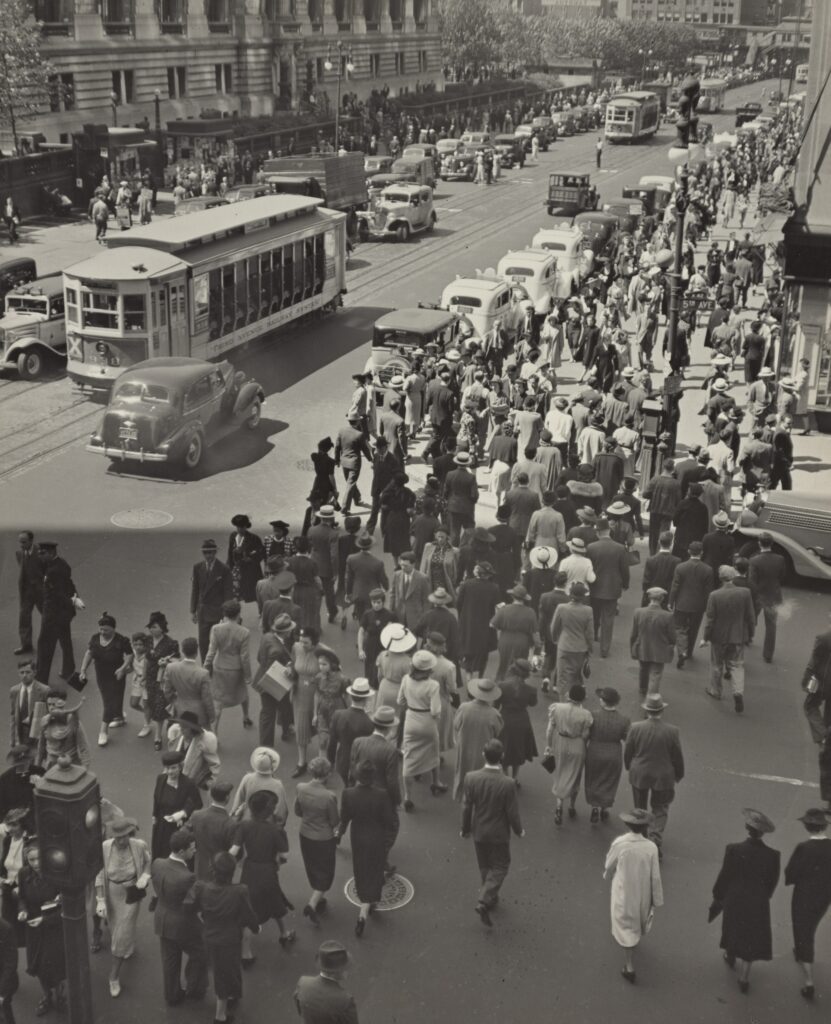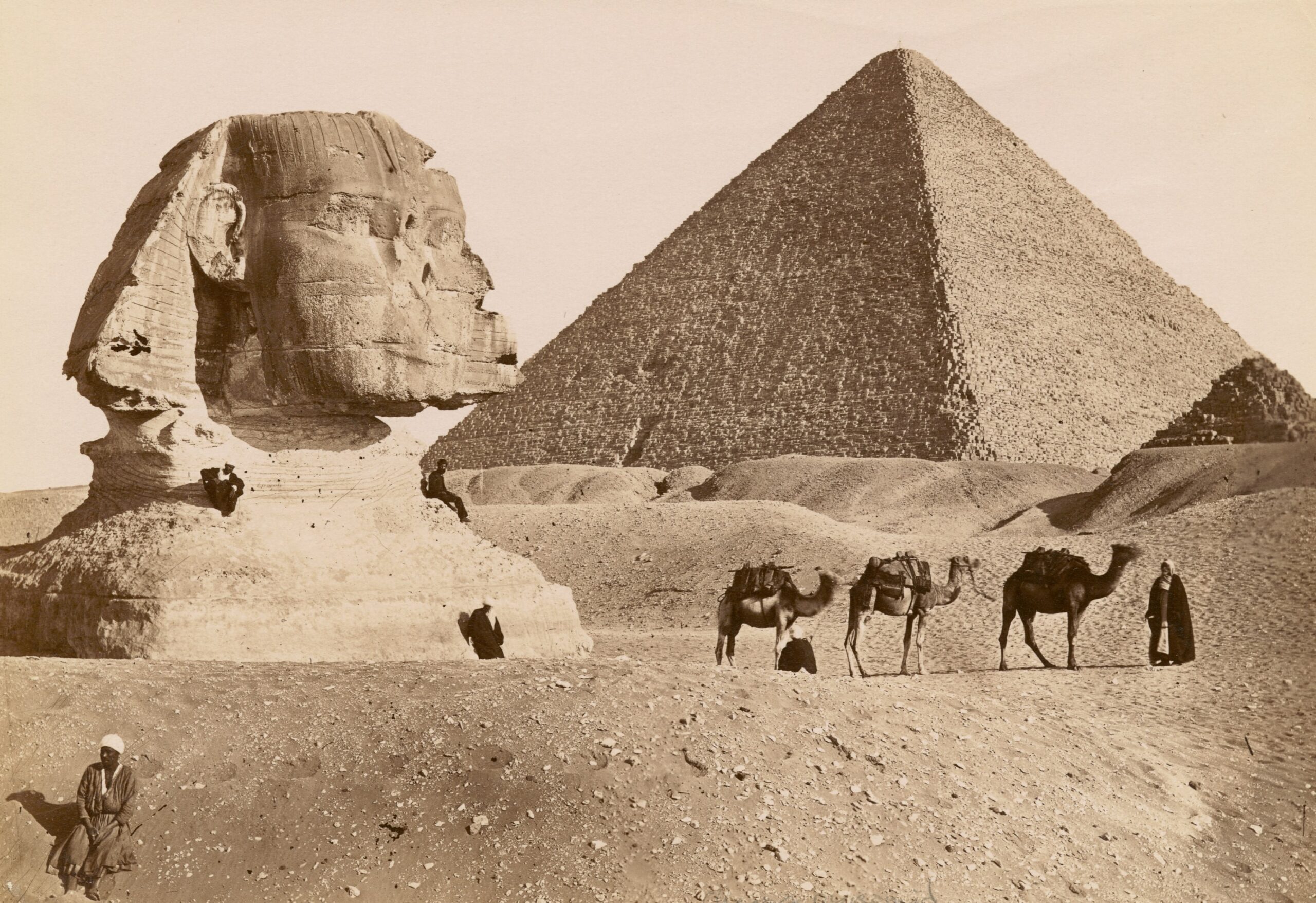Is it possible to go around the world in a few months, travel back in time to a time when there were books or schools, or visit a museum without leaving your house? History as a science will enable us to achieve just that.
The science which studies the past of human civilisation in all its specificity and diversity is the science which must be mastered in order to comprehend the possibilities of the present and the future, rather than slip away from history. Only the science of history is known to us. The history of nature and the history of man can be viewed from two different perspectives. However, the histories of nature and man are inexorably intertwined, and as long as man is alive, they are interdependent.
The primary goal of historical science is to investigate the unique circumstances, epochs, and phases of historical occurrences and processes. History is intended to capture the truth of the past as it existed at its key moments. The first task of history, according to the illustrious Roman politician Marcus Tullius Cicero (106–43 B.C. ), is to refrain from lying, the second is to not hide the truth, and the third is to not offer any cause for suspicion of bias or prior enmity.
Typically, the historian works with the past and is unable to personally observe the subject of his study. His main concern is the historical monument, which enables him to obtain the crucial factual information that serves as the foundation for historical knowledge. The researcher determines the veracity of the material based on the analysis of several sources.
The foundations of old homes, as well as utensils, tools, and toys, are discovered during excavations by historians and archaeologists. Historical sources are anything and everything that has endured from antiquity to the present. They are comparable to the woodland springs that provide water for streams and rivers. The same is true for historical documents, which describe how people lived hundreds of years ago.

History’s significance in human lives
History is important to understand because it reveals how difficult, unfortunate, and deprived our predecessors’ lives were throughout history. However, life went on, and happier times eventually replaced the difficult and trying years.
Justice is a lesson that history teaches us, and it also gives us a new perspective on the world.
A route over time leads to history. It reaches far back into ancient times with gray hair and the depths of centuries.
We can understand history and ponder about the causes and effects of historical events. For instance, the knowledge that national devastation results from civil conflicts.
We can understand history and ponder about the causes and effects of historical events. For instance, the knowledge that national devastation results from civil conflicts. Therefore, it is best to avoid them. A harsh form of despotism results from personality cults. Therefore, it is better to prevent it from happening. We may learn from history and put those teachings into practice by taking them into consideration. When we study history, we must keep in mind that it is our own life that we are preserving for future generations, not the fiction of another author.
How important is history science to humanity?
Numerous examples from daily life demonstrate how understanding the past influences the present. Politicians are aware of the potential consequences of their actions; businesses and economists research the advances made by earlier organizations in order to avoid making the same mistakes; artists seek inspiration from the myths of antiquity.
Without knowledge of the past, humanity would always make the same mistakes that those made before it. You and I would be stuck in the Stone Age, living in caves and surviving by hunting mammoths, as this would halt the growth of civilizations.

